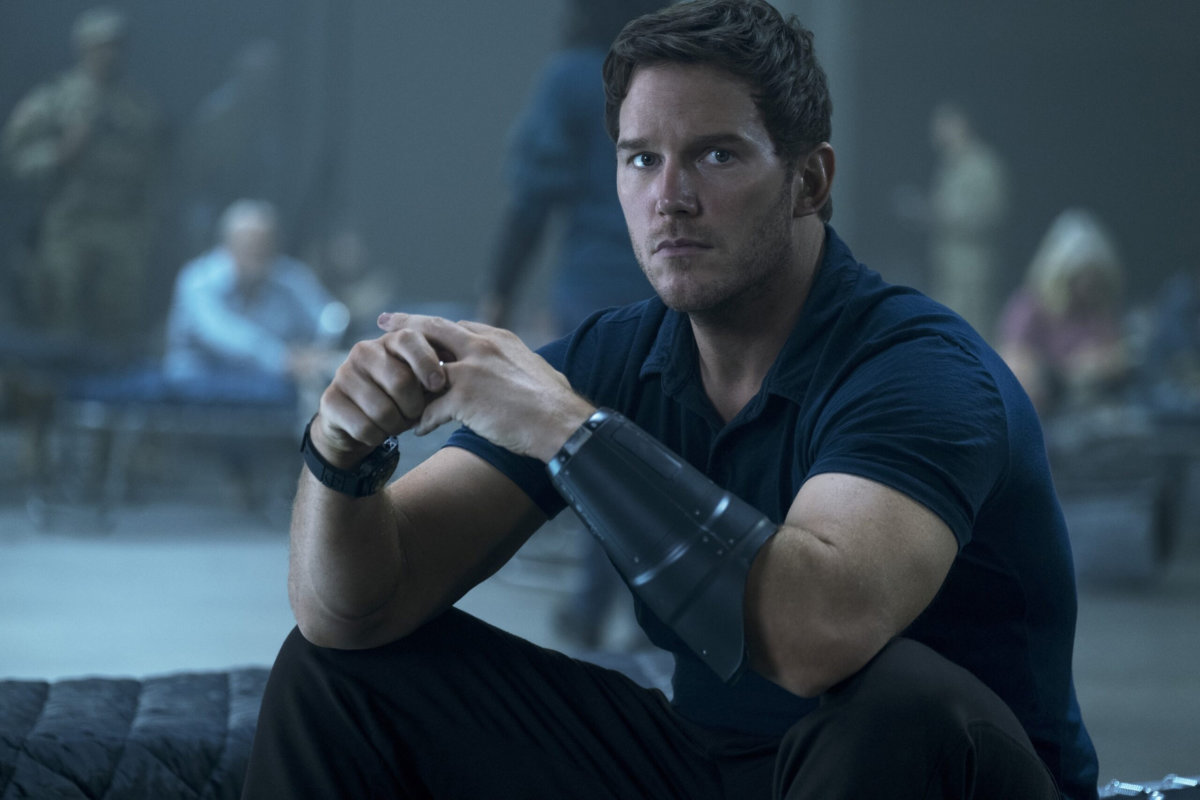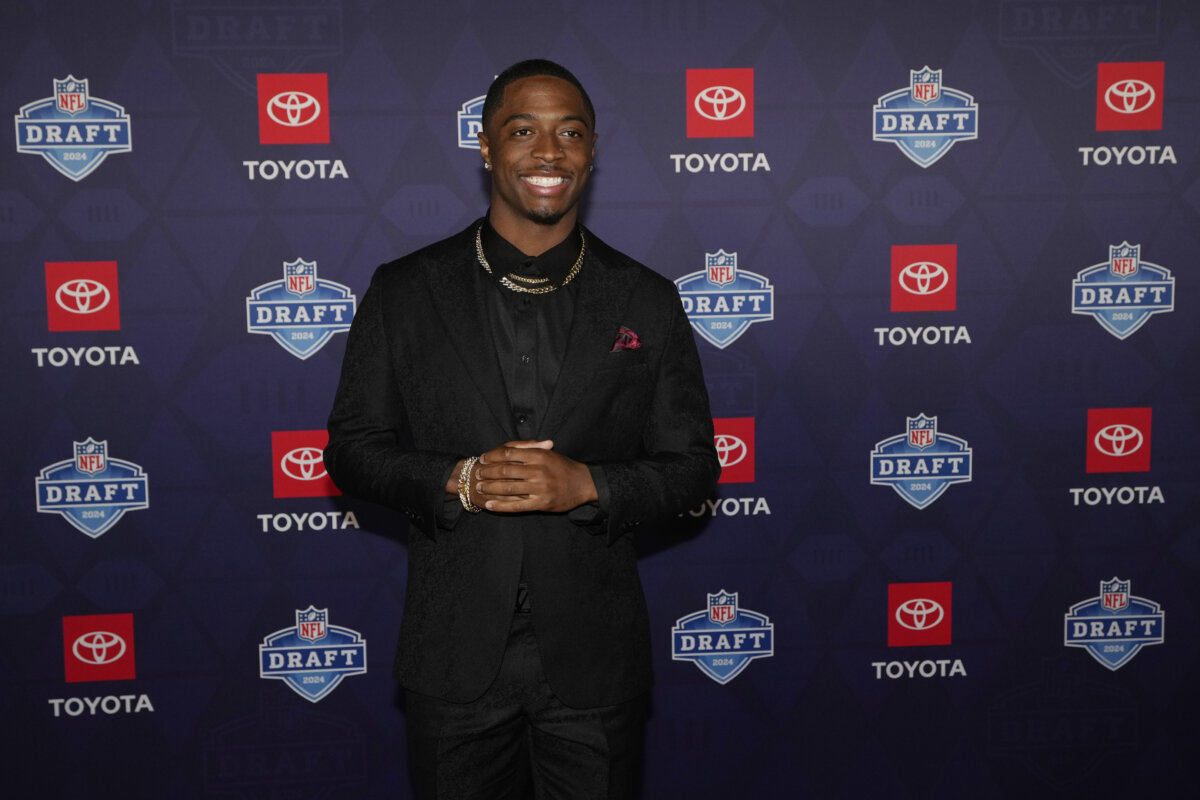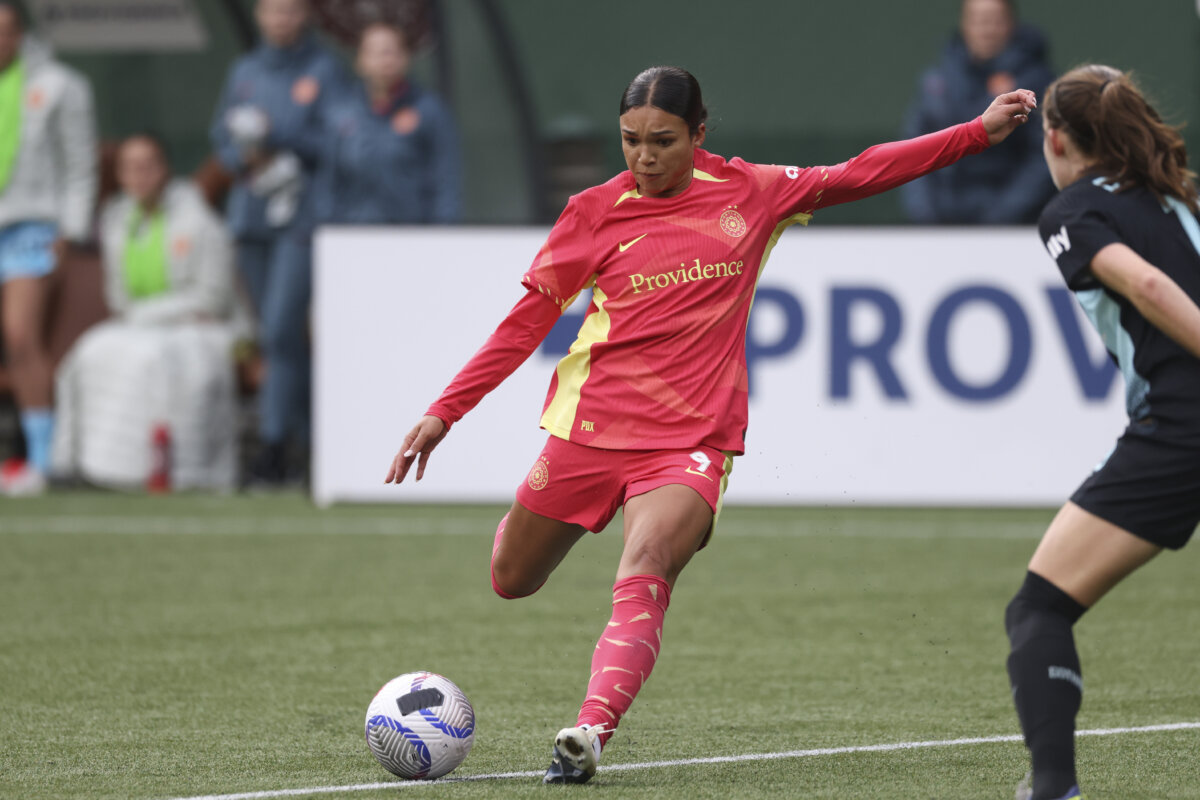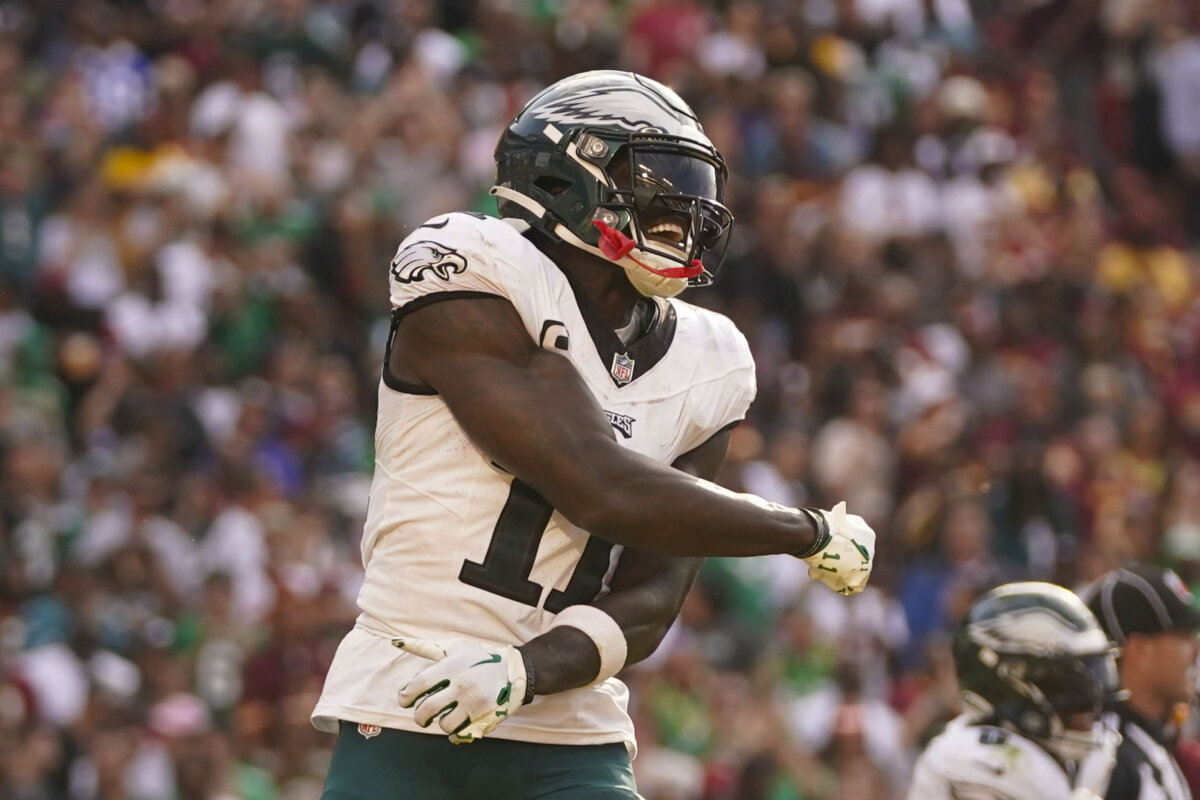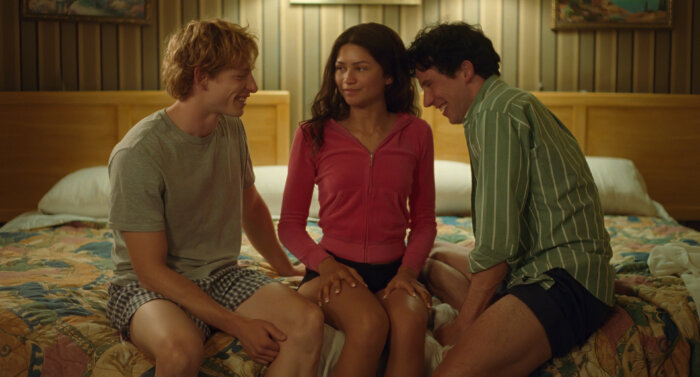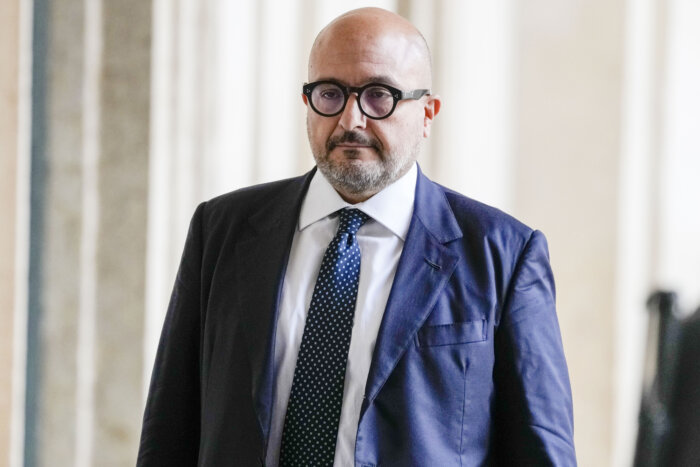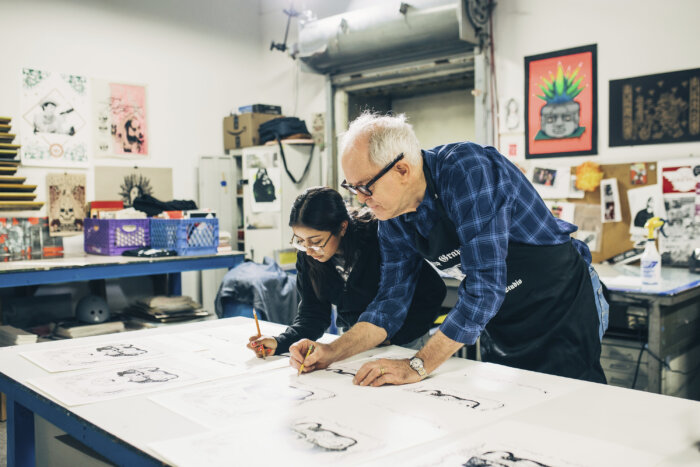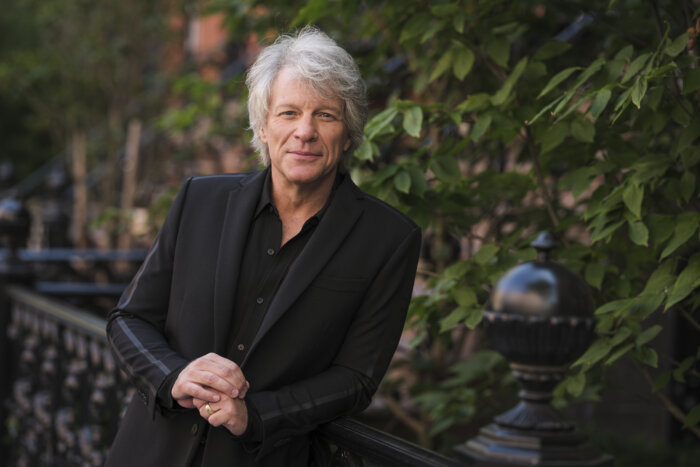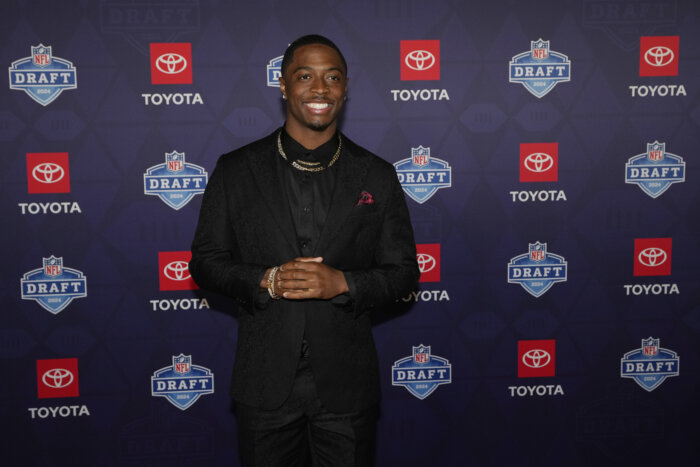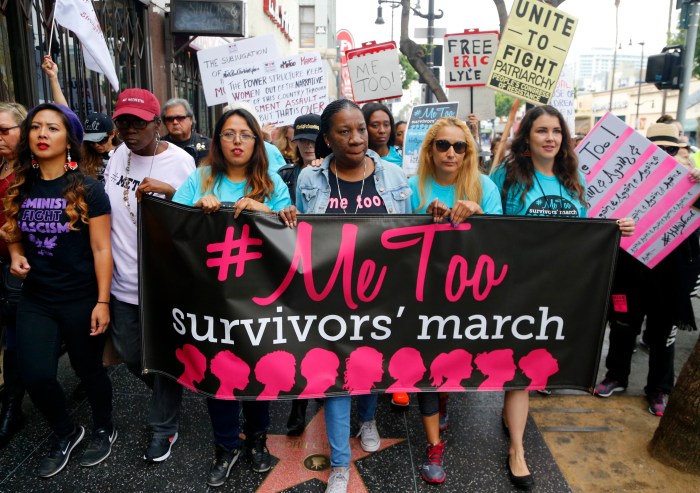By María Estévez, MWN
It seems that Chris Pratt loves to fight aliens in most of his movies. This time he produces and stars in ‘The Tomorrow War,’ a film now available on Amazon Prime. In the military science fiction story, Pratt becomes Dan Forester, a former Delta Force operator who travels to the year 2051 to fight deadly aliens and save the world for his daughter Muri (Ryan Kiera Armstrong).
Metro talked with the American actor and comedian to learn more about his work.
In ‘The Tomorrow War’ the older people are sent to fight aliens. Is there a hidden message?
Everyone who goes forward into the future is over the age of 30 and everyone who comes back to train us is under 30 because you can’t live in both timelines at the same time. They are drafting a crop of people who are going to be dead in 2051. You are dealing with people who are making life decisions based not on the life that they could lead, but rather on the world that they are leaving for their children. My character, Dan, is doing this to protect his family. It is different to think about people being drafted away from their children rather than children being drafted away from their parents. As a father, I was very interested in what this movie has to say.
While I try to be the best dad I can be, Dan is not happy with the events in his life. He is estranged from his father whom he blames for everything. Dan realizes through the course of this story that he has more similarities with his father than he realized, and in coming to grips with that, gets to a place of grace, acceptance and forgiveness. That is a pivotal moment that comes in adulthood.
We look at our parents as these deities and then come to a moment where we realize, ‘Oh, wow that was just a kid who had a kid.’ When you realize that, you can forgive them for their shortcomings because they didn’t live up to that godlike stature you gave them. Your kids will feel the same. They think you’re some infallible person, and that’s not true either.
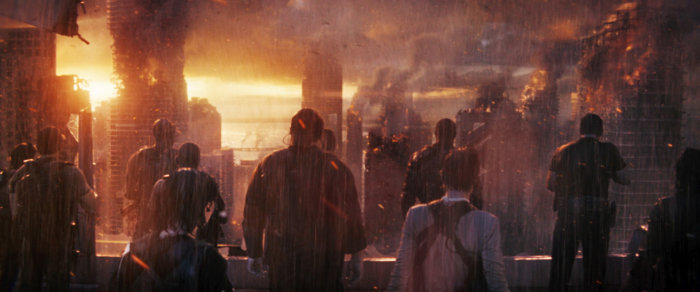
This movie causes a real adrenaline rush. What was the most fun sequence to film?
There was so much to choose from. Off the top of my head, there is a great sequence when we make the jump to 2051. There is this transition where we fall from the sky in Miami to land in a pool. It was some serious work. We got to jump off of this high dive that we built out of a forklift into the water. The camera followed us down and there were stuntmen jumping down and landing on top of you forcing you underwater. That sequence probably took two or three days to shoot. It was a lot of fun.
Tell us more about shooting the action scenes.
It is liberating not having to work with a prop, because you force the animators to make your choices work. If you have a real tentacle, you are limited to how you can move it, but if you have a fake one, you can move it any way you like. You can imagine an animator pulling their hair out saying, ‘Oh, great. I have to make that work somehow.’ You put your trust in the directors that they will not allow it to become a viral YouTube sensation.
Did you have any scary moments on the set of ‘The Tomorrow War?’
I remember being on top of a glacier in Iceland. We were fighting daylight and weather. We were also trudging through thick snow, [director] Chris McKay and I were walking with sticks. He had the camera on his shoulder. We were rolling in the snow, and then Chris yelled from a snowdrift, ‘This is why I f****ing got into this for in the first place.’
What is the message of the movie?
I heard this rule a long time ago, ‘When you give a dog medicine, you wrap it up in hamburger, so they eat the burger and don’t know they’re having medicine.’ When talking to the dog you say, ‘It’s time for your burger.’ You never say, ‘It’s time for your medicine.’ The same goes here. In this exciting, vibrant action movie there is a message wrapped up in it that says, ‘We need to leave the world a better place than how we found it.’
You are also a producer of the movie. How much you enjoy that title?
I love it. I was grateful to be surrounded by good people. Chris McKay was so open to collaboration while he also had a clear vision. He cut his teeth in post-production and as a director of animation with Lego films. I think the best directors come from that side. They know what they need in the editing room.



